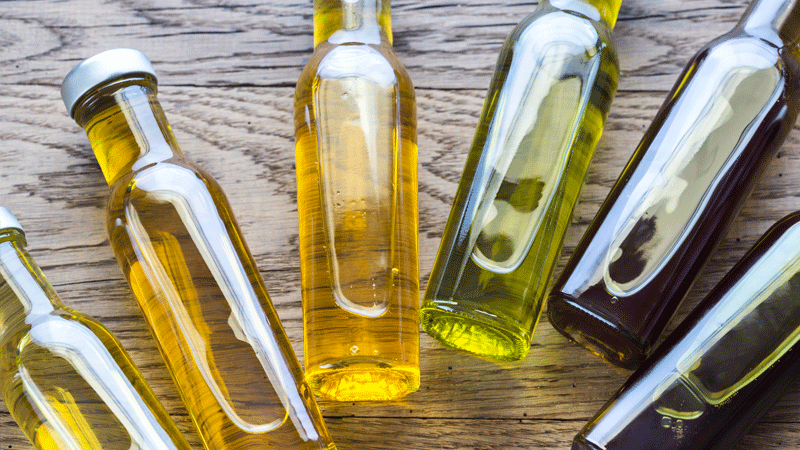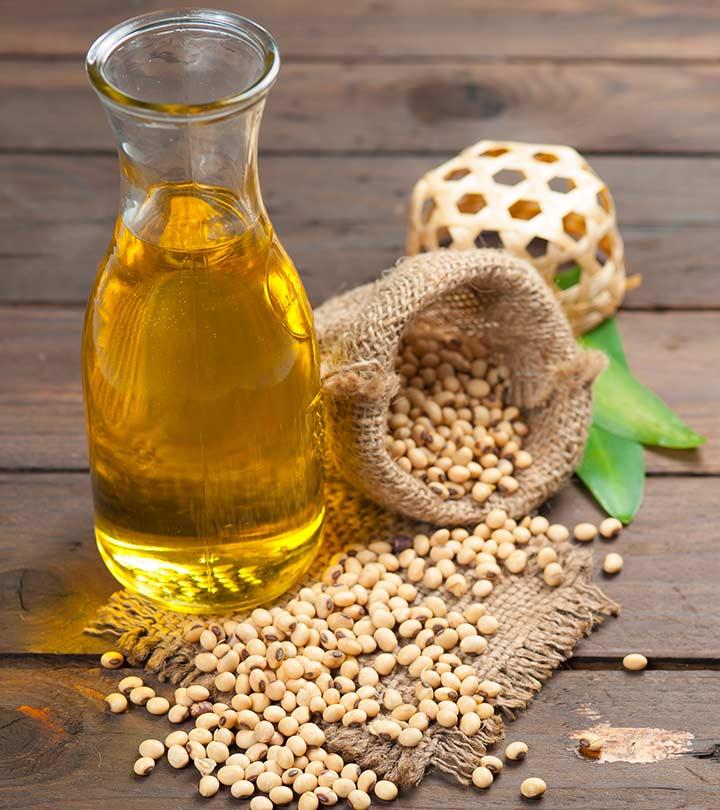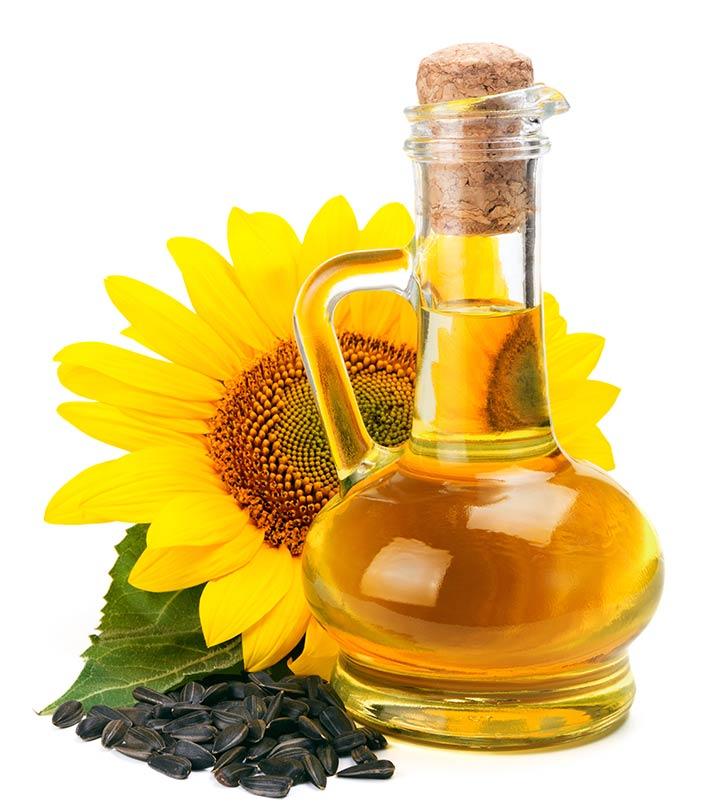
Replacing horrific fats (saturated and trans) with healthier fats (monounsaturated and polyunsaturated) is right for your heart.
One way you can do this is through selecting more healthy nontropical vegetable oils for cooking and making ready food.
Use these oils rather of stable fat (including butter, shortening, lard and tough stick margarine) and tropical oils (including palm and coconut oil), which can have a lot of saturated fat.
Here’s an alphabetical list of frequent cooking oils that comprise greater of the “better-for-you” fat and much less saturated fat.

Canola oil

Corn oil

Olive oil

Peanut oil

Safflower oil

Soybean oil

Sunflower oil

Blends or combos of these oils, regularly sold underneath the name “vegetable oil,” and cooking sprays made from these oils are additionally correct choices. Some distinctiveness oils, like avocado, grapeseed, rice bran and sesame, can be healthy preferences but might also cost a bit extra or be harder to find.
In general, pick oils with less than 4 grams of saturated fat per tablespoon, and no in part hydrogenated oils or trans fats.
You may additionally discover that some oils have specific flavors, so attempt extraordinary kinds to find out which ones you like. Also, some oils are higher for positive kinds of cooking than others, so you may desire to have extra than one kind in your pantry.
You can normally use cooking oils simply like stable cooking fats. For example:
Make your very own salad dressings, marinades, dips and sauces.
Grill, sauté, stir fry, bake or roast foods.
Coat pans to preserve food from sticking.
Spread or drizzle on foods for flavor.
“Season” cast-iron cookware.
Substitute for butter, margarine or strong fat in recipes.
The healthier oils listed right here are typically secure for most home-cooking uses, along with higher temperature cooking such as stir-frying and pan frying. We do no longer suggest deep-fat frying as a cooking method.
Any oil begins to degrade once it reaches its smoke point. So, if you accidentally let your oil smoke or capture fire, get rid of it and begin over.
If oil smells bad, don’t use it. When an oil is stored too lengthy it can end up oxidized or rancid. It will have a distinct smell, and you get rid of it.
Don’t reuse or reheat any cooking oil.
Buy cooking oils in smaller containers to keep away from waste, and save them in a dark, cool vicinity to maintain them clean longer.

No comments:
Post a Comment